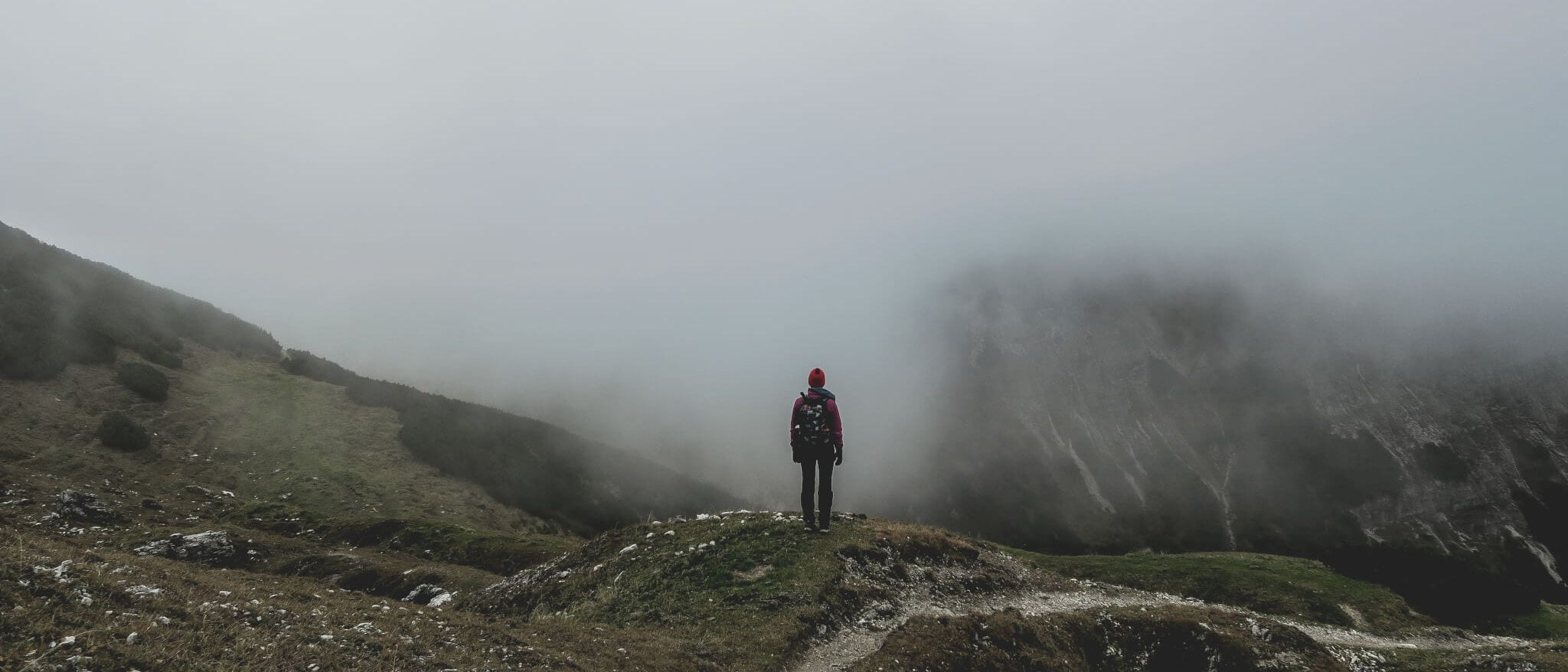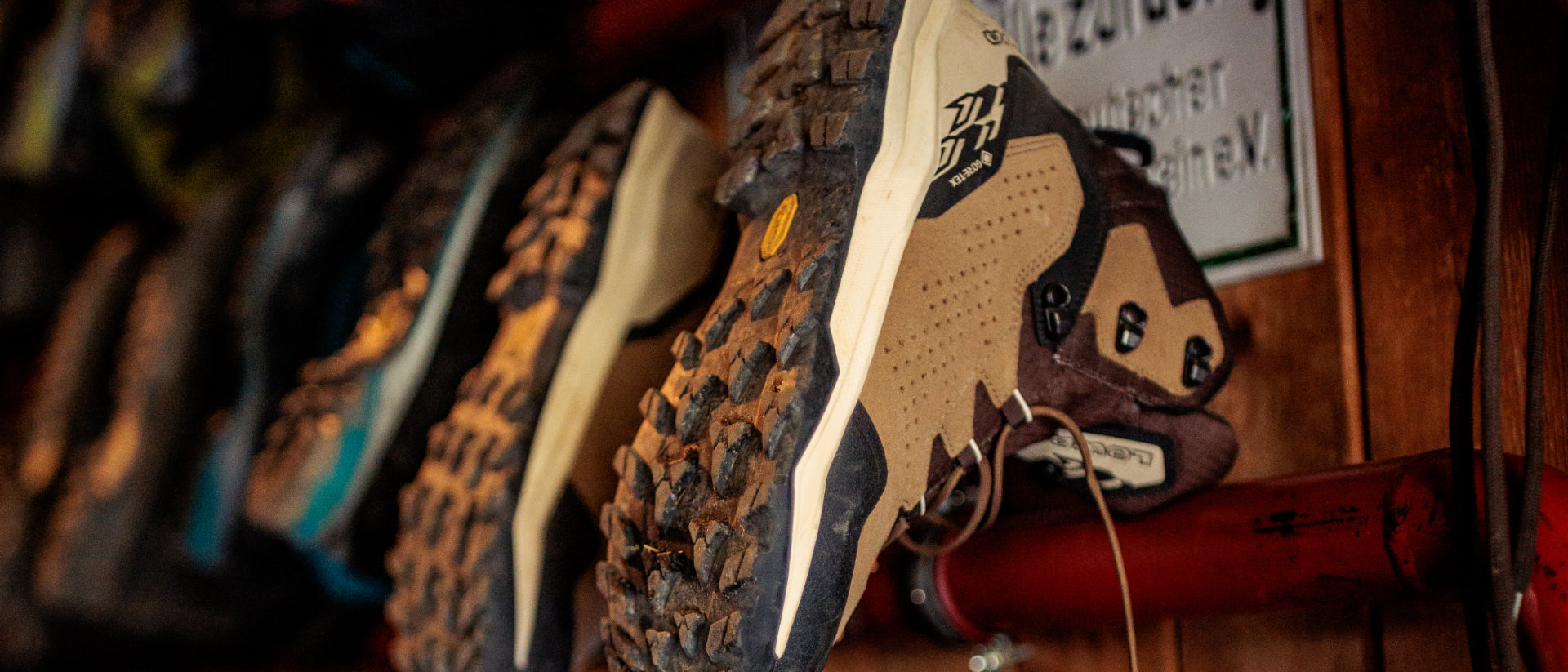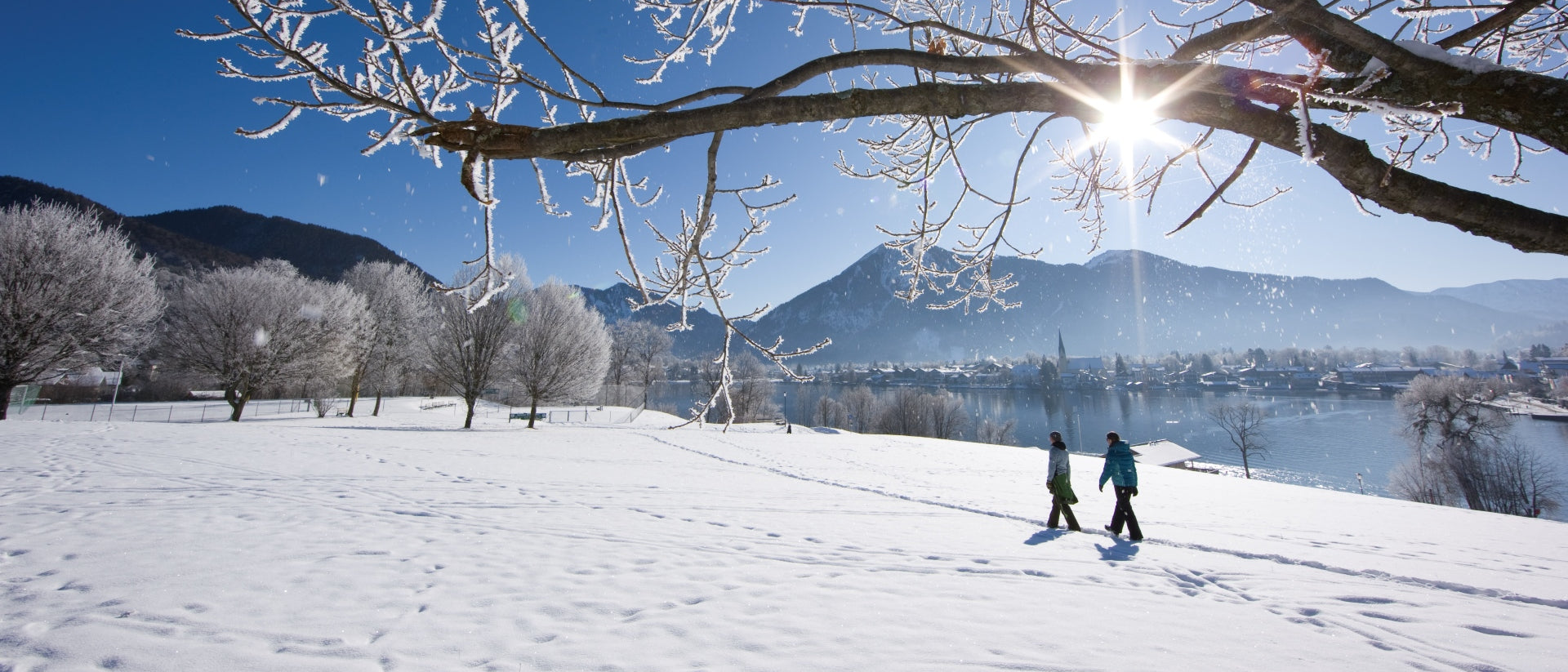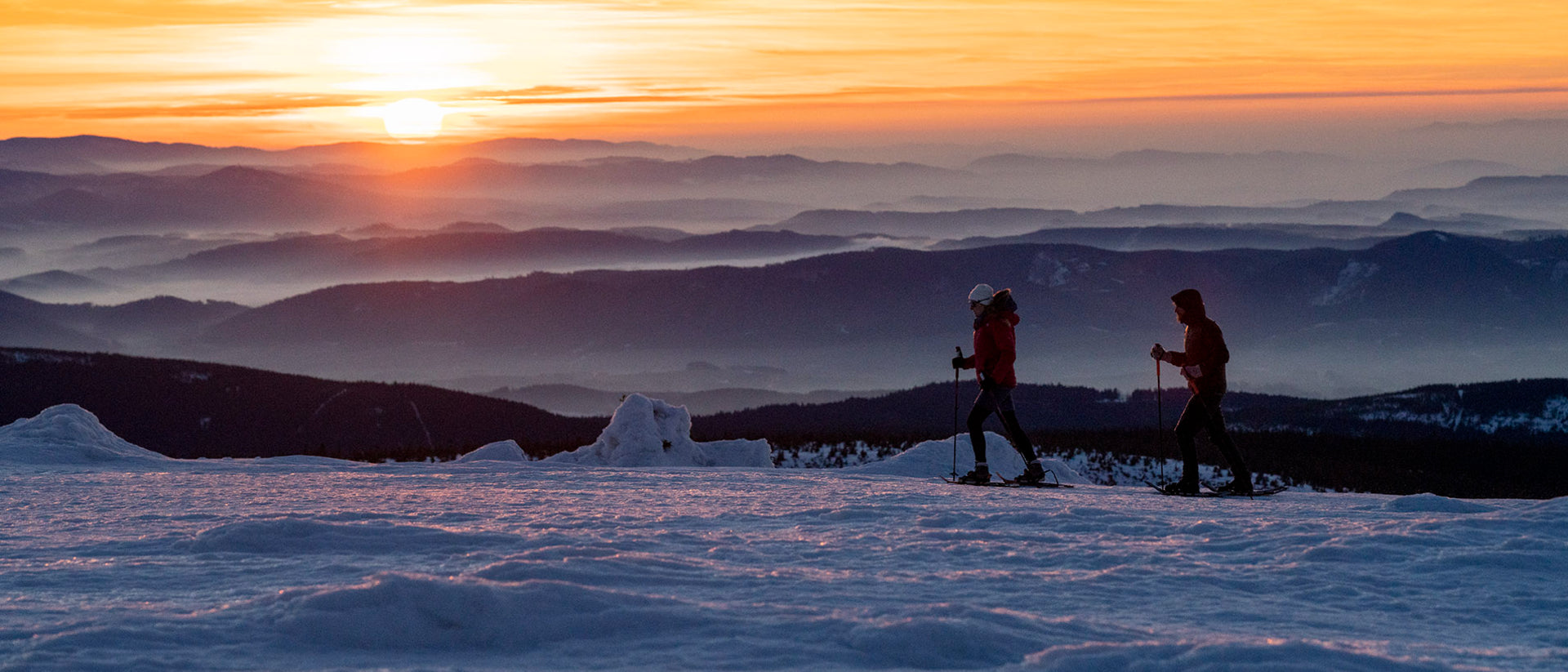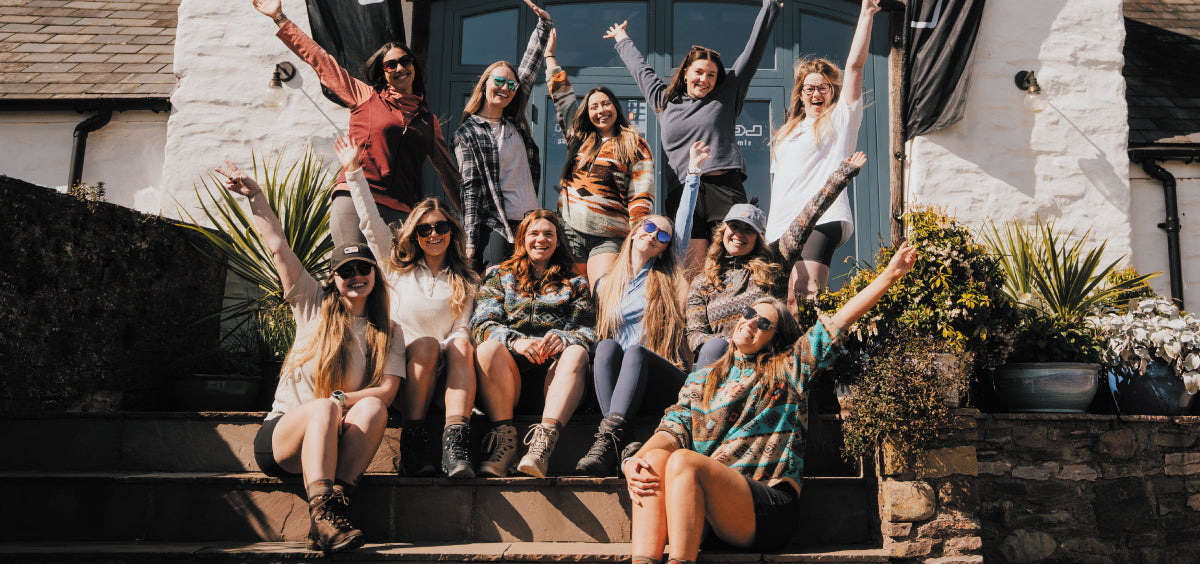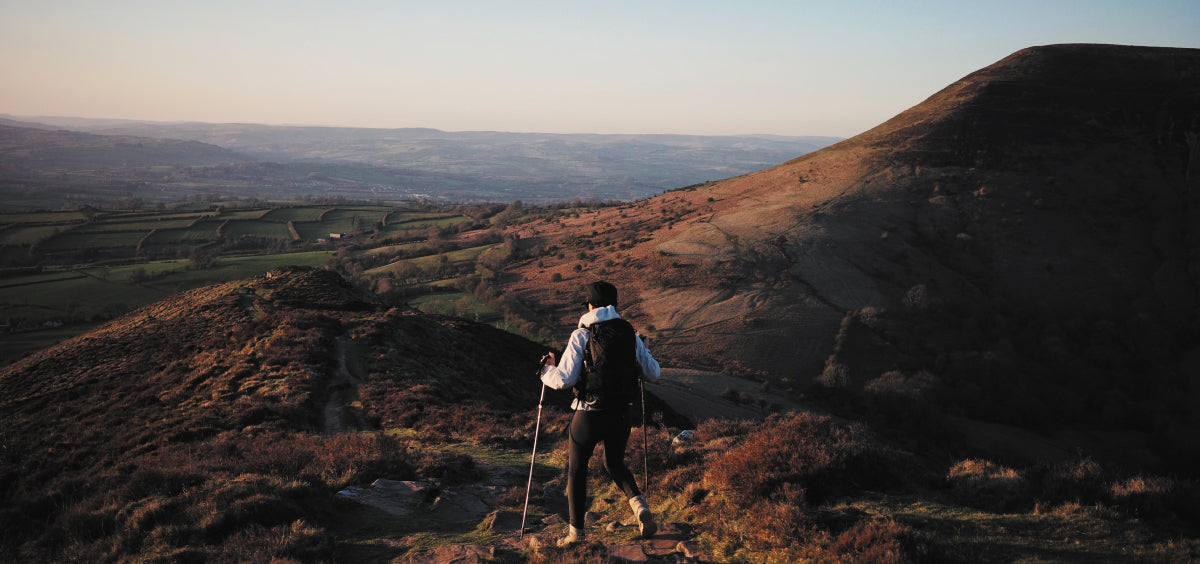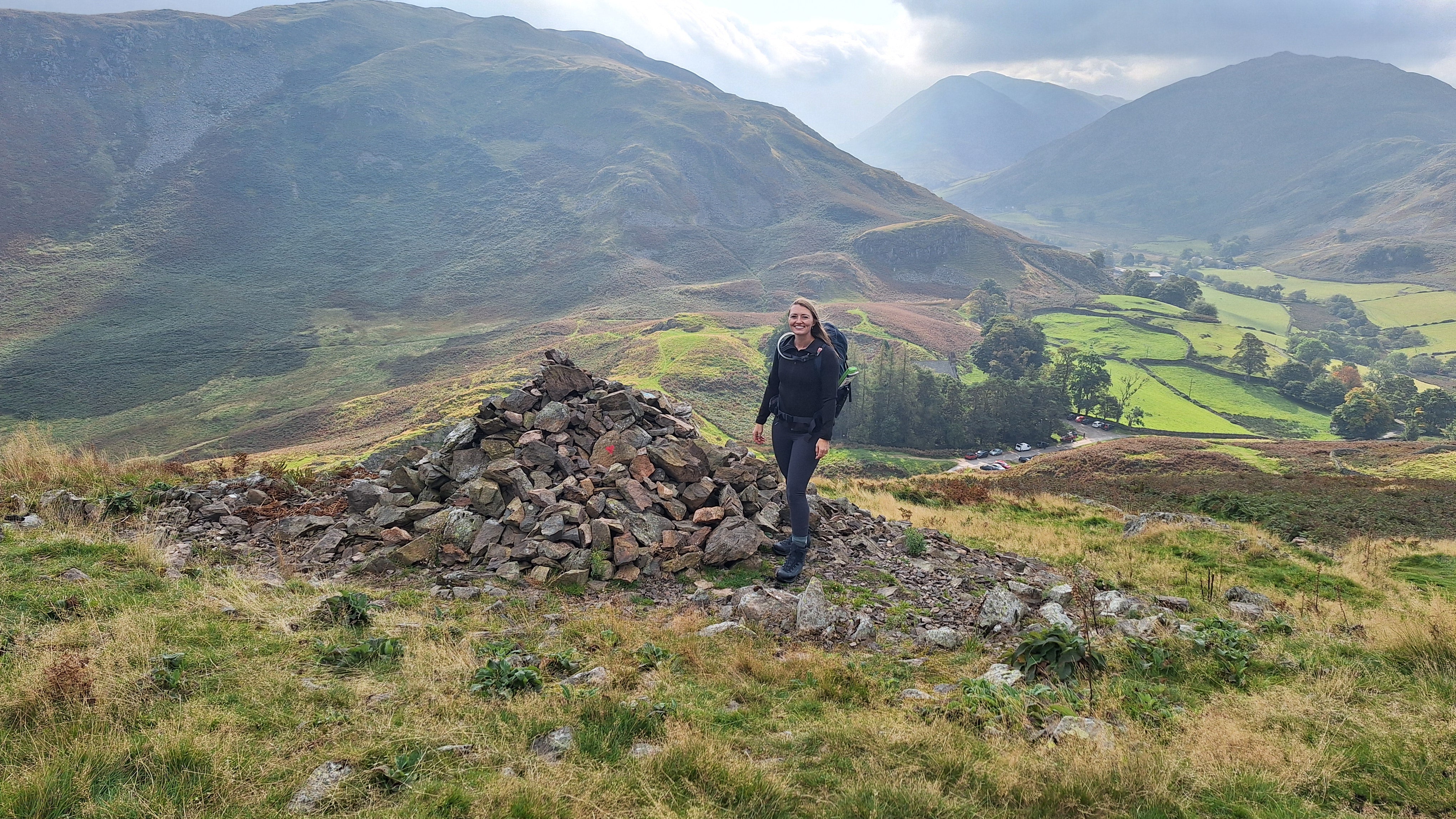Basic Hiking Skills
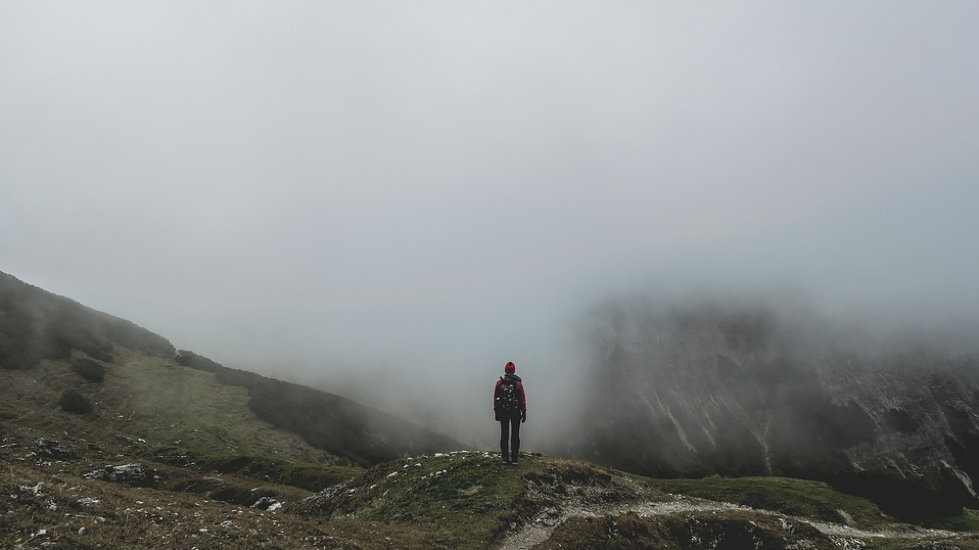
Hiking is one of the few things in this world that can be enjoyed by almost everyone and will work wonders for your mind, body and soul, be it through fresh air, exercise or the breath-taking views that you come across on your travels. Unlike many hobbies, there’s a reassuring lack of rules and regulations, aside from the standard safety requirements that help us stay safe whilst out and about. That said, there are some basic techniques to learn that will make your life easier on walks as you gain more and more experience. We’ve put together a list of what we believe to be some of the most important basic hiking skills to remember before your next big adventure.
Plan your Trip
As with many things, the devil is in the detail when it comes to walking; as the saying goes, if you fail to prepare, you prepare to fail! A well-considered walking trip goes beyond where and when and requires a significant amount of research, be it on weather conditions, travel times, routes, availability of water, dangerous terrains or even just being realistic about what your current physical fitness can achieve. Planning a walk is actually part of the fun of hiking, and some can spend hours examining routes and trails to find the one that’s right for them. Organisation is key, but even the most unorganised of hikers should at least engage in a basic level of planning, for the health and safety of themselves and others if nothing else.
Be Equipped
Whilst the idea of heading into nature with nothing but the clothes on your back and a sense of adventure is fun, it is not realistic for most walks. Ensuring you have the equipment you need can make the difference between a successful or an unsuccessful trip. As you may expect, the level of gear required depends on a number of different variables, the main ones being the length and conditions of your proposed walk. The correct equipment will not only keep you safe on longer walks but will also make the entire experience more comfortable and enjoyable.
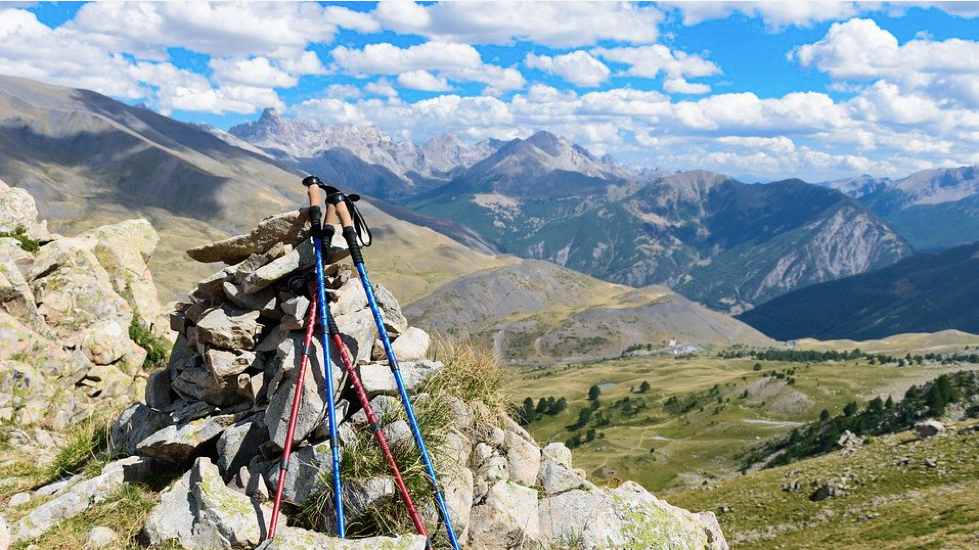
Check the Conditions
If you are planning a walk, keep an eye on the weather forecast in the weeks, days and hours prior to your departure. If any adverse projections are a cause for concern, think about how you can amend your route to avoid hazards and always err on the side of caution if you have any doubts. It’s good practice to notify a friend or family member whenever you go anywhere and how long you’re expecting it to take so that people can act if necessary. Additionally, it might just be that you don’t fancy walking around in the rain, which is completely fair, and you can delay your adventure for more desirable conditions.
Pick your Shoes and Socks Wisely
As a walking footwear specialist, it might come as no surprise that we are big advocates of investing in high-quality boots and socks that are right for you. Nothing ruins a delightful walk quite like painful feet, but that doesn’t always mean you must opt for heavy, clunky boots that are 100% waterproof but offer 0% comfort. Here at LOWA, we offer a range of specialist walking boots that are designed for outstanding comfort and exceptional quality, including a variety of customised alternatives such as walking boots for wide feet. By taking a few steps to ensure your boots are tailored for the shape and size of your feet will make a world of difference.
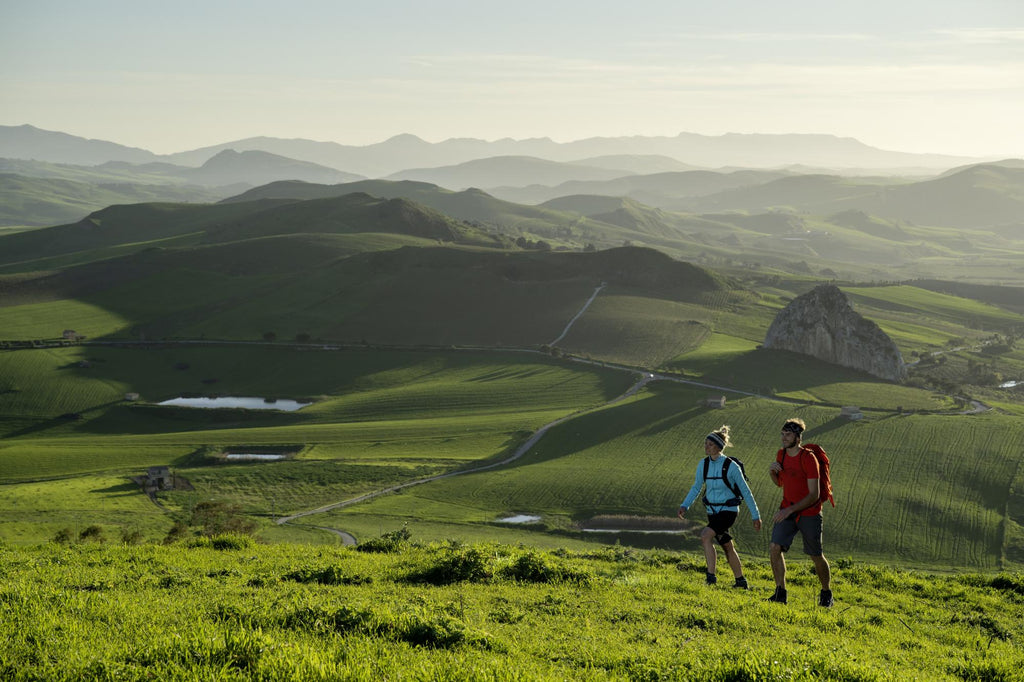
Pace Yourself
Upon beginning your hike, you’ll feel empowered and may perhaps get off to a speedy, albeit unrealistic pace. Pick a speed you will be able to maintain throughout and try to focus on taking in your surroundings as opposed to marching on as quickly as possible. Whilst starting out moderately may feel a little awkward to begin with, you’ll be pleased you have some energy in the reserve tank upon reaching a steep incline or section of tough terrain. Part of the beauty of walking is that it’s not a race, and unlike other sports, no one really cares how long a certain route took you to complete.
Leave No Trace
It goes without saying that the trails you love can only continue to be enjoyed by yourself and others if we leave everything exactly as we found it, and that doesn’t mean just picking up your litter. Leave No Trace has created an easy to understand framework for walkers to abide by and identified seven principles to ensure you minimise the impact of your walk on the wonderful world around you. These currently include planning ahead, travelling and camping on durable surfaces, disposing of waste properly, leaving what you find, minimising campfire effects, respecting wildlife and being considerate of other visitors. These can be applied to almost any recreational activity and are well worth remembering for whilst you’re out walking.
That concludes our guide to just some of the most important basic hiking skills to familiarise yourself with if you are just starting out with this activity. Even more seasoned trekkers may wish to read and remember many of these points! For more walking inspiration, check out our recent blog post on beautiful places to visit in the UK this winter.
